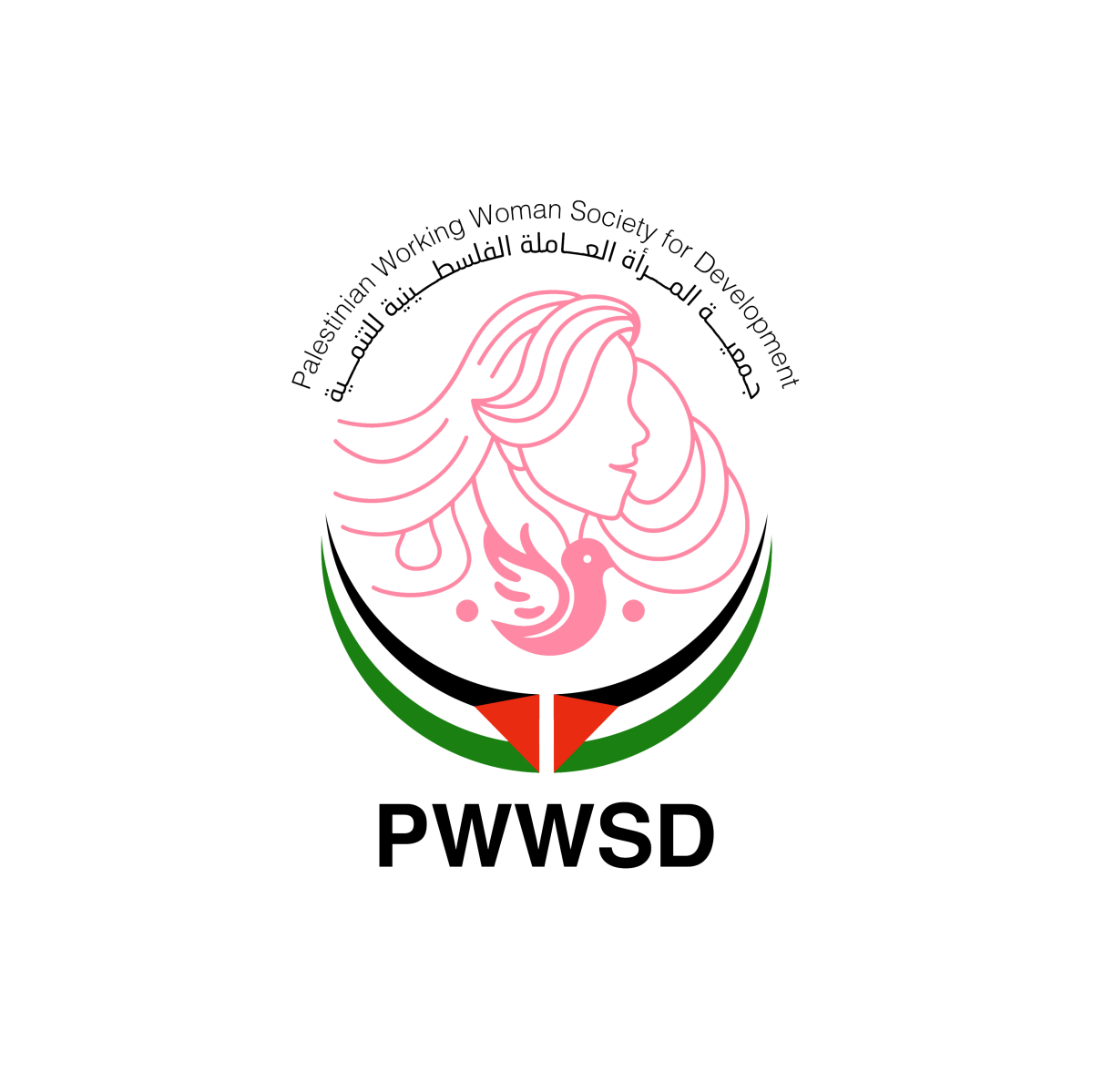Gender Based Violence in Light of the Absence of the Family Protection Law
This paper comes as part of continuous efforts exerted by the Palestinian Working Woman Society for Development (PWWSD) to exact policies and legislations to form a legal and societal environment against Gender Based Violence in general, and domestic violence in particular. This paper focuses on the importance of developing a family protection legal framework consistent with the ‘Palestinian social contract’ based on equality, as stipulated in the Palestinian Declaration of Independence and in the Palestinian Basic Law. In accordance with international standards for human rights in general and women’s rights in particular. indivisible and inalienable in the international human rights system, especially those contained in the Convention on the Elimination of Discrimination against Women (CEDAW), International Covenant on Civil and Political Rights, the International Covenant on Economic, Social and Cultural Rights, Convention on the Rights of the Child, and the Universal Declaration on the Elimination of Violence Against Women and United Nations Security Council resolutions related to women’s right to protection against all forms of violence.
The ratification of the State of Palestine of international conventions entails legal obligations to address the rights of women and girls to protection, and to human security in both the private and public spheres. This no doubt requires a political will to address domestic violence using penal, preventive, and remedial measures through enforcing non-impunity for perpetrators of violence.
Progress in family protection legislations and policies in Kuwait, Lebanon, Jordan, Tunisia, Morocco, and Egypt through the creation of laws dedicated to addressing domestic violence. The most prominent of which is the Arab Model Law, which has contributed towards the maturation of the process of developing the Family Protection Actin Palestine. It was a long process that witnessed cooperation and coordination among civil society organizations, some governmental ministries, and official committees. However, violence against women reached unprecedented levels, especially during the Covid19 pandemic especially in light of the intensification of the Israeli occupation’s violence, which no doubt contributes towards exacerbating all forms of community violence.
The Palestinian Working Woman Society for Development (PWWSD) presents this paper as added value to the efforts of the feminist movement working against violence in Palestine. The paper reflects the voices and visions of women survivors of violence, and women who resorted to the safe house in the Governorate of Nablus. The paper also provides input from the guidance work groups, and reflects their will to work towards putting the Act into force. This will form the basis for a community debate that engages women survivors of violence, and official and civil bodies to mobilize pressure and lobby for issuing the law. The outcomes and recommendations of the dialogue will feed into the roadmap related to countering Gender Based Violence through achieving human security bycombating Gender Based Violence at the legislative level.






